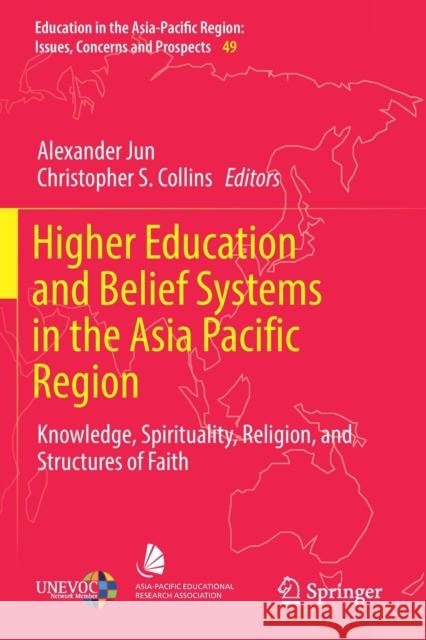Higher Education and Belief Systems in the Asia Pacific Region: Knowledge, Spirituality, Religion, and Structures of Faith » książka
topmenu
Higher Education and Belief Systems in the Asia Pacific Region: Knowledge, Spirituality, Religion, and Structures of Faith
ISBN-13: 9789811365348 / Angielski / Miękka / 2020 / 158 str.
Higher Education and Belief Systems in the Asia Pacific Region: Knowledge, Spirituality, Religion, and Structures of Faith
ISBN-13: 9789811365348 / Angielski / Miękka / 2020 / 158 str.
cena 201,24
(netto: 191,66 VAT: 5%)
Najniższa cena z 30 dni: 192,74
(netto: 191,66 VAT: 5%)
Najniższa cena z 30 dni: 192,74
Termin realizacji zamówienia:
ok. 22 dni roboczych
Dostawa w 2026 r.
ok. 22 dni roboczych
Dostawa w 2026 r.
Darmowa dostawa!
Kategorie:
Kategorie BISAC:
Wydawca:
Springer
Seria wydawnicza:
Język:
Angielski
ISBN-13:
9789811365348
Rok wydania:
2020
Wydanie:
2019
Numer serii:
000380463
Ilość stron:
158
Waga:
0.26 kg
Wymiary:
23.39 x 15.6 x 0.97
Oprawa:
Miękka
Wolumenów:
01
Dodatkowe informacje:
Wydanie ilustrowane











